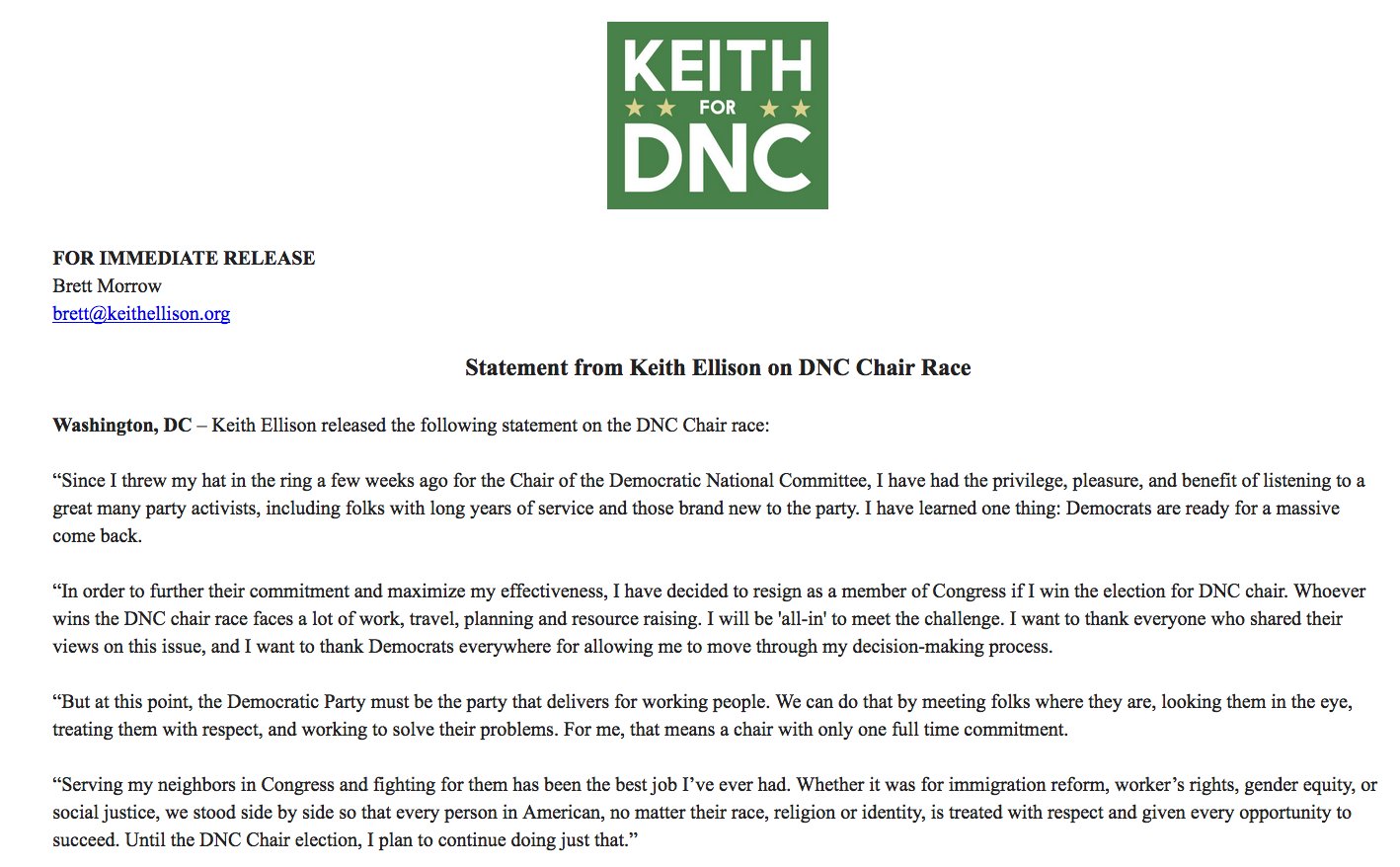One of the fundamental challenges for liberals, in the Trump regime, will be trying to hold on to their basic commitments to equality and inclusion, while facing the pressure to jettison some of those commitments when it would seem to be politically disadvantageous to be too liberal.
As early as the 19th century, John Stuart Mill, whose work deeply influenced our ideas of liberalism, recognized that increased economic equality had not been accompanied by equality in terms of either gender or race. He was fully committed to widening the scope of equality in those realms, writing, along with his wife Harriet Taylor Mill, The Subjection of Women: [T]he legal subordination of one sex to another is wrong in itself, and now one of the chief hindrances to human improvement; and that it ought to be replaced by a system of perfect equality, admitting no power and privilege on the one side, nor disability on the other.
In 1850, Mill also wrote powerfully for the abolition of slavery. He fully recognized that in taking both these positions he was going against the tide of convention and popular opinion, but for him, taking these unpopular positions was perfectly consistent with his commitment to equality for all.
Since that time, until this November at least, history seemed to have slowly caught up with Mill; many felt that things had evolved. And the road of progress was not a smooth or easy one many well-meaning liberals dragged their heels during the civil rights movement, causing Martin Luther King Jr. to write in his famous Letter From a Birmingham Jail: I have almost reached the regrettable conclusion that the Negros great stumbling block in his stride toward freedom is not the White Citizens Councilor or the Ku Klux Klanner, but the white moderate, who is more devoted to order than to justice; who prefers a negative peace which is the absence of tension to a positive peace which is the presence of justice.
Now, with the election of Donald Trump to the presidency, those who are working for racial equality are once again confronted with both of those nemeses: out-and-out white supremacists and their silent abettors, anemic liberals....
It is crucial to remember that Clinton won the election in the popular vote by an increasingly sizable margin. That does not mean that liberals do not have to think hard about how they lost the Electoral College to Trump, but it does put into perspective the degree to which Democrats must rethink how they appeal to Americans, and who they feel these Americans are, and what their priorities are. Lilla believes that in neither case should issues of minority identities be accommodated in any substantial, public manner his notion is that identity politics are the kiss of death for liberals.
But to follow Lillas and others advice would be to precisely turn away from not only progress but also reality. The United States is increasingly less white, and although some minorities voted for Trump, the overwhelming majority did not. Our country is also increasingly liberal. The Atlantic notes: There is a backlash against the liberalism of the Obama era. But it is louder than it is strong. Instead of turning right, the country as a whole is still moving to the left. So why abandon identity politics?...
What we find in the backlash by liberals against progressives is nothing other than a betrayal of the true and full values of liberalism. Liberals like Lilla would have us turning back the clock to compete for the leadership of what one might call an off-White America, with issues of race and gender and other minority positions relegated to the background yet somehow not entirely abandoned, so that this America would not be confused with the starkly pure America favored by white supremacists. For many of us this is an unappealing prospect....
Liberalism will have to struggle with its conscience once again, but the question should not be how equal can we afford to be, but rather, how can we best form lines of solidarity with the most vulnerable?
The notion that on one hand one has class and economic identities and on the other hand race, ethnicity, gender, sexual orientation is a false binary. As the journalist Conor Lynch notes, economic struggles and civil rights are deeply interconnected. Women and people of color, for example, are much more likely to suffer disproportionately from poverty and economic inequality.
...A recent piece in Slate argues that the idea that Trump won the Rust Belt by appealing to poor whites misses the fact that many Democrats either voted for third party candidates or didnt show up to vote; in short, the Democrats lost those voters. Rather than attempt to continue a brand of managerial liberalism that decides in a top-down matter what matters to most Americans, it would be vastly more effective to, if one is really interested in social justice, recognize what drives people to action and commitment and to the polls. They may well be bearing their identities with them, but building something together.
Mills felt that whatever inequality might exist should be balanced in favor of the weak and the most vulnerable. Those who wish to win the next election by muting calls for justice emanating from the margins have, at that moment, given up the name liberal for political expediency.

